
The Impact of New EU Packaging Laws on Northern Ireland Business
The European Union’s recent approval of stringent packaging and recycling laws marks a significant shift towards sustainability across the continent. By 2030, the EU aims to have fully implemented these measures, which include ambitious targets for packaging reduction, recycling, and a ban on certain types of single-use plastics. While this legislation will affect all member states, it carries particular significance for Northern Ireland, whose unique position under the Windsor Framework presents both challenges and opportunities.
Northern Ireland, unlike Great Britain, continues to have close regulatory alignment with the EU on issues related to food safety, environmental standards, and, now, packaging. This alignment, while facilitating smooth trade between Northern Ireland and the Republic of Ireland, also requires producers in Northern Ireland to meet two sets of standards: one for the UK and one for the EU. As the packaging regulations take effect, Northern Irish producers may need to make costly adaptations to comply with these varying frameworks. Yet, amid these complexities, the long-term environmental benefits of these regulations offer a glimpse into a more sustainable future for businesses and the environment alike.
EU Packaging Legislation
At the core of the EU’s new legislation are packaging reduction targets and a series of measures designed to foster sustainability. Among these measures is the ban on single-use plastic packaging for unprocessed fresh fruits and vegetables, as well as for food and beverages sold in restaurants. The EU also sets minimum recycled content targets for plastic packaging, encouraging producers to incorporate more sustainable materials into their production lines.
Additionally, the legislation outlines stringent recycling targets by weight, ensuring that a certain percentage of packaging waste is recycled within each member state. These measures aim to significantly reduce the amount of packaging waste that ends up in landfills and oceans, contributing to the wider goal of minimising environmental harm.
The majority of these laws are scheduled to be fully implemented by 2030, giving businesses time to adapt, yet the complexity of compliance is evident. Northern Ireland, due to its ongoing alignment with EU regulations under the Windsor Framework, will likely need to adopt these measures even if the rest of the UK does not. This dual compliance requirement could add significant costs for Northern Irish businesses, particularly in industries such as food production, where packaging plays a central role.
The Challenges Facing Northern Irish Businesses
For businesses in Northern Ireland, this divergence in regulations presents operational challenges. As was the case with the recent ‘Not for EU’ labelling requirement, products that are sold in both Northern Ireland and Great Britain may require different packaging and labelling, resulting in the need for separate production lines. This duplication could increase costs substantially, as businesses must not only invest in new packaging materials but also manage the logistics of operating two distinct supply chains.
Industry insiders have expressed concern about the financial burden this could place on businesses. Some estimate that the additional costs of implementing dual packaging lines could reach hundreds of millions of pounds per year. For many businesses, particularly smaller ones, these additional expenses could strain already tight profit margins.
Yet, aside the immediate financial implications, there are many potential long-term effects of this legislation that stand to be positive. Consumers are increasingly demanding sustainable products, and businesses that can meet this demand stand to gain a competitive advantage. By aligning their packaging practices with EU sustainability standards, Northern Irish producers may position themselves favourably in the growing market for environmentally conscious products.
The Benefits of EU Legislation
While the costs of compliance are a key concern, it is crucial to consider the broader environmental benefits of the EU’s legislation. Plastic pollution is one of the most pressing environmental issues of our time, with millions of tonnes of plastic waste entering the oceans each year. The EU’s focus on reducing single-use plastics and increasing recycling rates addresses this issue head-on.
In the long run, the move towards sustainable packaging will reduce the amount of waste sent to landfills, decrease pollution, and lower the overall environmental footprint of packaging materials. The emphasis on recycling also supports the European recycling sector and promotes the circular economy, wherein materials are reused rather than discarded, further reducing the need for virgin resources.
For businesses, these regulations may drive innovation in packaging design, prompting producers to explore new materials and processes that reduce waste while maintaining product integrity. Such innovations can ultimately lead to cost savings, as reducing the amount of packaging used can lower both material and transportation costs.
The Impact on Trade Between Northern Ireland and Great Britain
Another significant challenge posed by the new legislation is its potential impact on trade between Northern Ireland and Great Britain. Under the Windsor Framework, Northern Ireland must comply with EU regulations for goods entering the EU’s single market. As a result, products sold in Northern Ireland that may cross into the Republic of Ireland will need to meet EU packaging standards, even if these differ from the rules in place in Great Britain.
This divergence in regulations could complicate trade and add further costs for producers, who may need to develop separate packaging for goods sold in Northern Ireland versus those sold in Great Britain. For businesses that operate across the UK and the Republic of Ireland, managing these different requirements could prove to be a logistical challenge.
The JBX PaperPak Perspective
At JBX PaperPak, we see these regulatory changes not as obstacles but as opportunities. The move towards sustainable packaging aligns with our own mission of reducing plastic waste and promoting environmentally responsible practices. For years, we have championed the use of 100% recyclable, biodegradable materials, and we believe that the EU’s legislation reflects the growing global consensus on the need for more sustainable business practices.
While the costs of compliance may be challenging for some, the long-term benefits for the environment, for consumers, and for businesses are clear. By embracing sustainable packaging solutions now, businesses can not only comply with these new regulations but also set themselves apart as leaders in the drive towards a greener, more sustainable economy. For JBX PaperPak, this is the future we have long been working towards, and we stand ready to support businesses in making this transition.
The EU’s packaging and recycling laws are poised to bring about significant changes for businesses in Northern Ireland. While the complexities of dual compliance with both UK and EU regulations will undoubtedly present challenges, the long-term benefits of these laws for the environment and for businesses cannot be ignored. For producers willing to invest in sustainable solutions, this legislation represents an opportunity to lead the way towards a greener future.
Share this article
Related articles for you
The Big Sustainability Expo | Sustainability In Events
JBX PaperPak, Award Nominated Paper Straws Manufacturer | Big Sustainability Expo 2022
Ireland Preparing to Introduce Waste Recovery and Environmental Levies | Environment Policy
Scotland Introduces Single-Use Plastic Ban
Environmental Sustainability In Business
Sustainable Supply Chain | Import Shortages
Subscribe To Our Newsletter
To keep you up date to our new products and lates news
Free shipping on all orders over £200*
Subscribe To Our Newsletter
To keep you up date to our new products and lates news
Free shipping on all orders over £200*
Frequently Asked Questions
Our paper straws are made by stacking 3 plies of high-quality food grade kraft paper and putting them through a core-winding machine that applies an adhesive and rolls the straws into shape. They are then cut to size, coated in lacquer to ensure quality and are then ready to be sold.



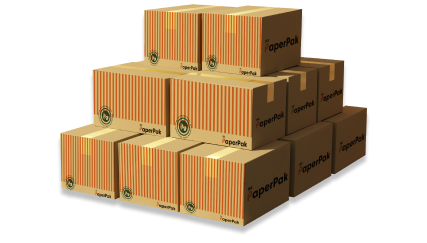
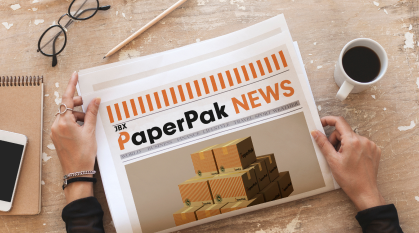
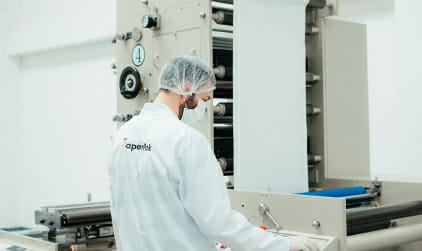

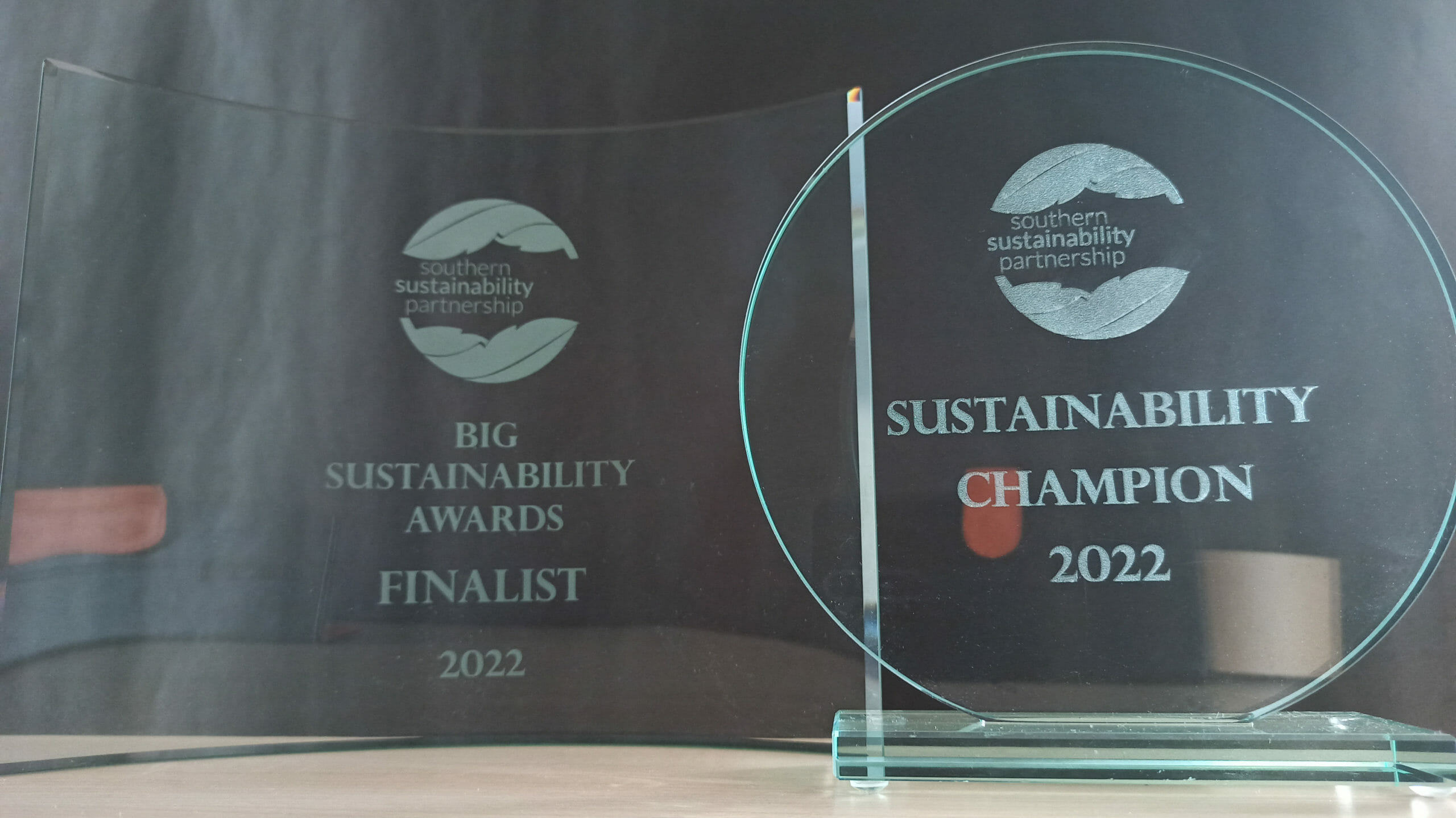
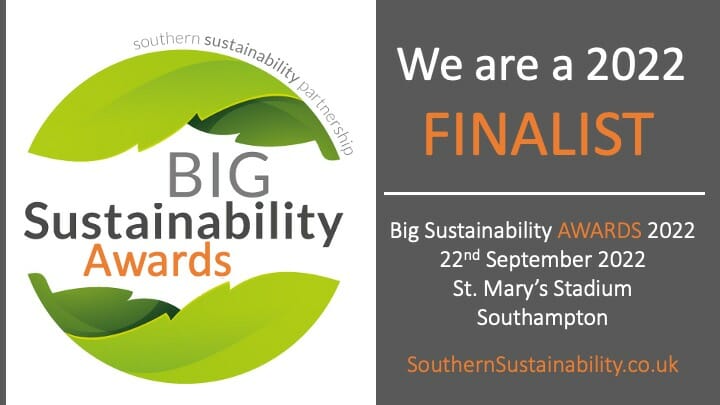
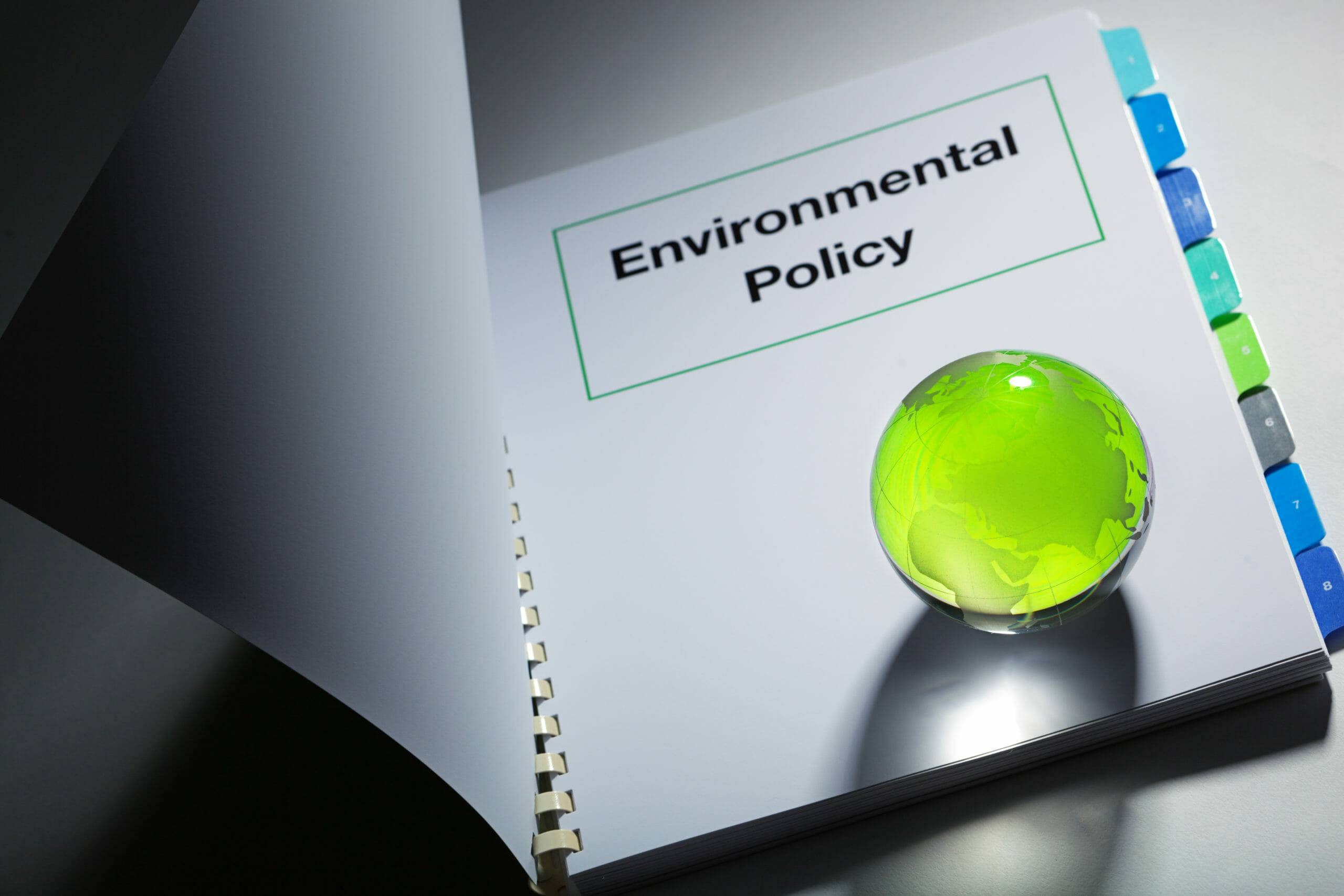
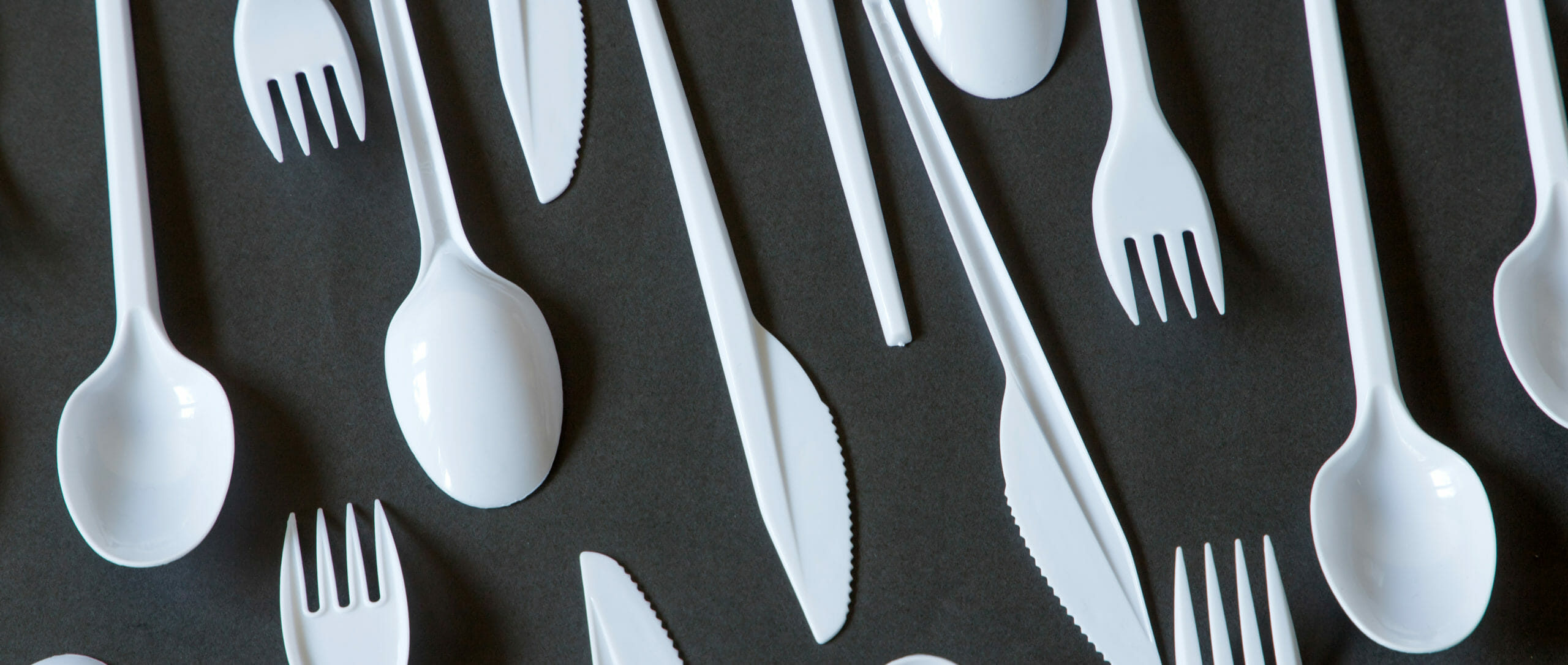

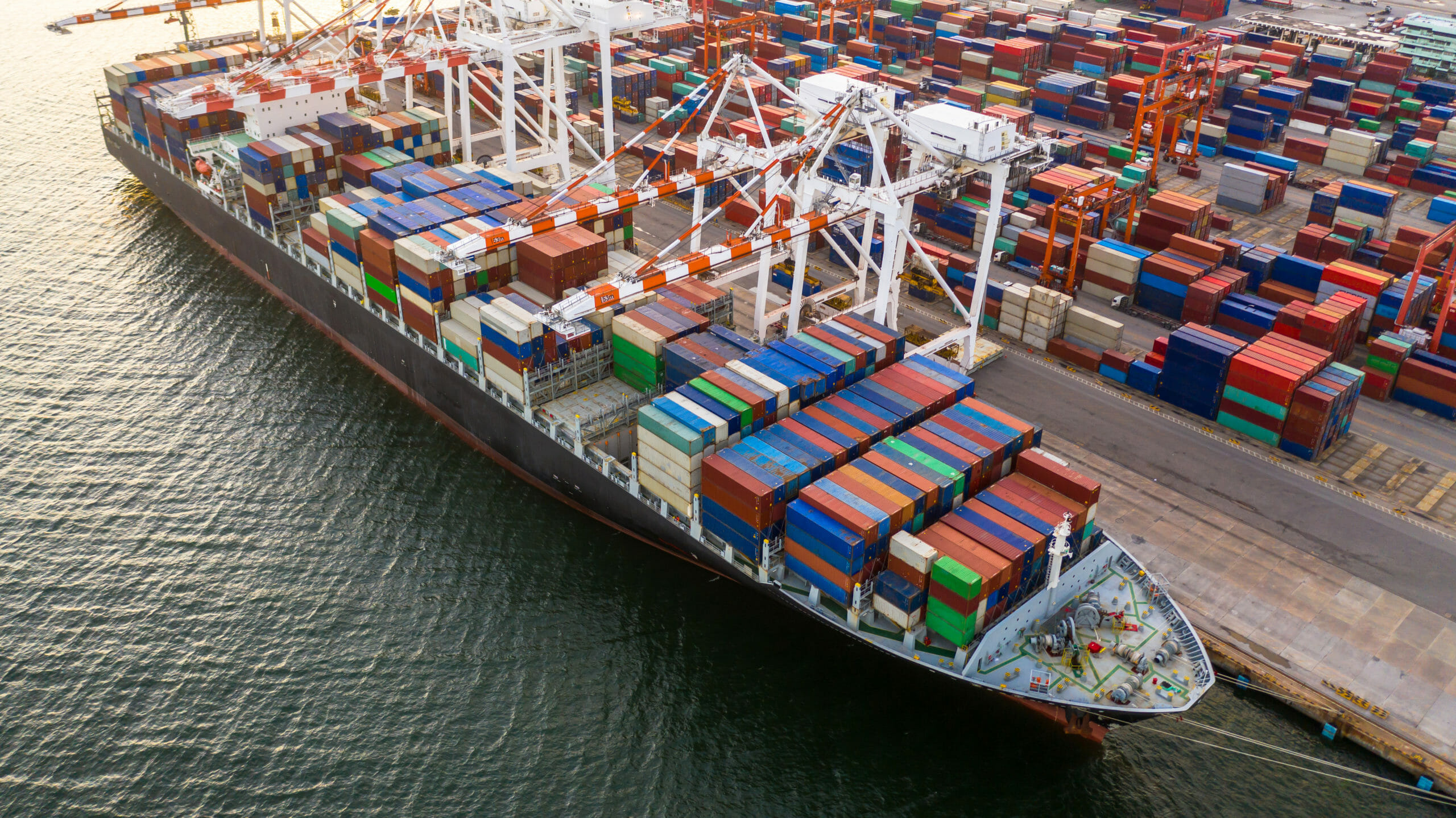

Get social